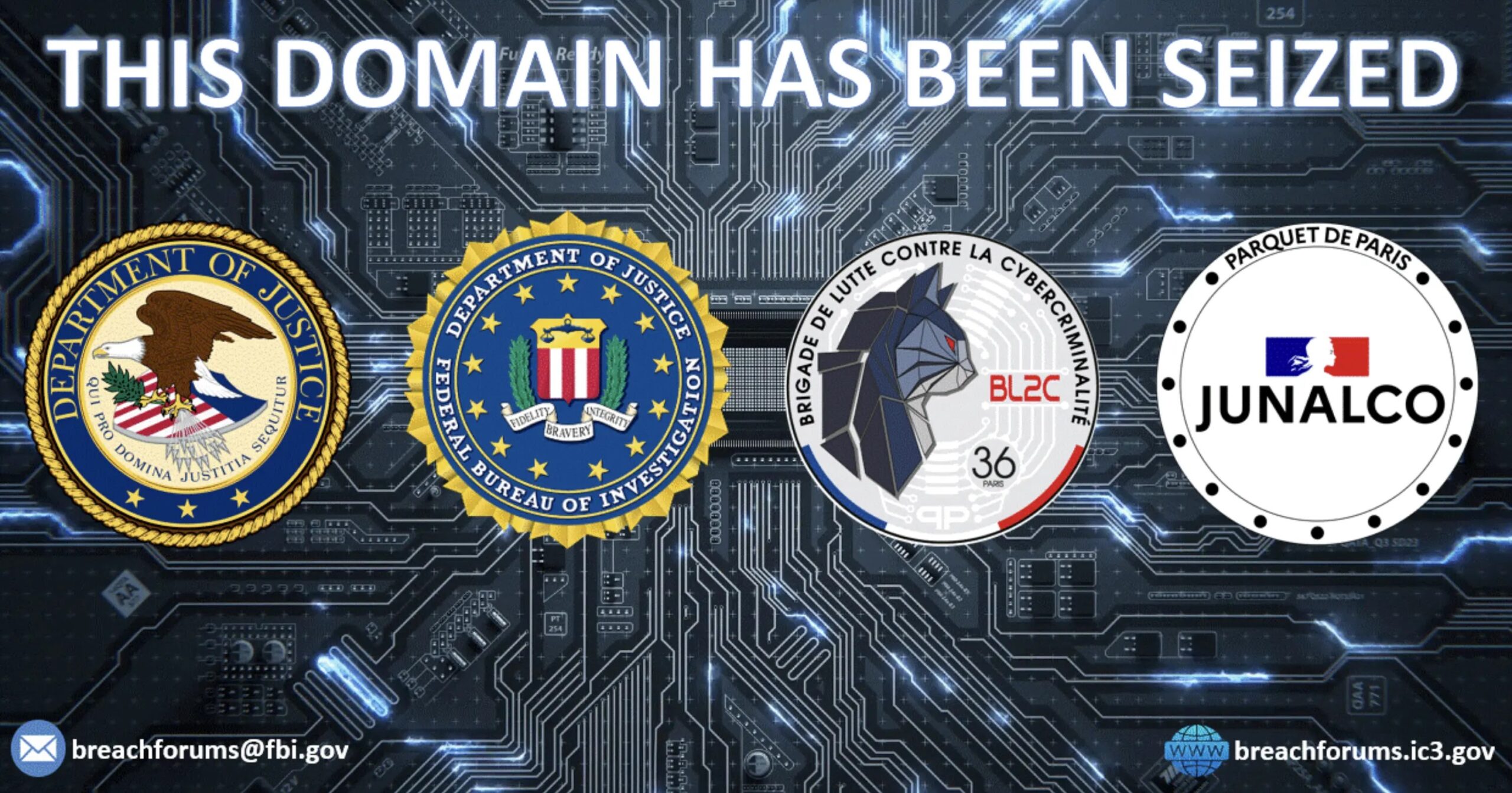In April 2025, DaVita Inc., a leading provider of kidney dialysis services, experienced a significant ransomware attack that compromised the personal and health information of over one million individuals. The breach has raised serious concerns about data security within the healthcare sector and the potential risks to patient privacy.
Discovery and Immediate Response
On April 12, 2025, DaVita detected unauthorized activity on its network, identifying it as a ransomware attack that encrypted certain elements of their system. The company promptly activated its incident response protocols, which included isolating affected systems to prevent further spread, deploying backup procedures to maintain patient care, and engaging third-party cybersecurity experts to assist in the investigation. Law enforcement agencies were also notified to aid in addressing the incident. ([securityweek.com](https://www.securityweek.com/kidney-dialysis-services-provider-davita-hit-by-ransomware/?utm_source=openai))
Extent of the Data Breach
Subsequent investigations revealed that the attackers had accessed DaVita’s dialysis labs database, compromising a wide range of sensitive information. The exposed data includes:
– Full names
– Addresses
– Dates of birth
– Social Security numbers
– Driver’s license numbers and other government-issued identification
– Financial information
– Medical and treatment records
– Health insurance details
– Internal DaVita identifiers
– Lab test results
In certain instances, tax identification numbers and images of personal checks written to DaVita were also compromised. Notably, some of the affected individuals were not direct patients of DaVita but had their information processed by DaVita Labs on behalf of other healthcare providers.
Ransomware Group’s Involvement
The Interlock ransomware group claimed responsibility for the attack, alleging they had exfiltrated approximately 1.5 terabytes of data, encompassing nearly 700,000 files. These files purportedly contain sensitive patient records, user account details, insurance information, and financial data. Following unsuccessful ransom negotiations, Interlock began leaking portions of the stolen data on the dark web, heightening concerns about the potential misuse of the compromised information. ([bleepingcomputer.com](https://www.bleepingcomputer.com/news/security/interlock-ransomware-claims-davita-attack-leaks-stolen-data/?utm_source=openai))
Impact on Patient Care
Despite the operational disruptions caused by the ransomware attack, DaVita emphasized that patient care services continued without significant interruption. The company implemented contingency plans to ensure that dialysis treatments remained available to their patients, underscoring the critical nature of their services and the importance of maintaining continuity of care during such incidents. ([fortifiedhealthsecurity.com](https://fortifiedhealthsecurity.com/blog/april-2025-ciso-brief-cyber-threat-headlines/?utm_source=openai))
Legal and Regulatory Repercussions
In the aftermath of the breach, DaVita faced multiple class-action lawsuits alleging inadequate cybersecurity measures and delayed notification to affected individuals. Plaintiffs argue that the company failed to protect sensitive personal data, potentially violating data privacy laws such as the Health Insurance Portability and Accountability Act (HIPAA). These legal actions highlight the growing scrutiny on healthcare organizations to uphold stringent data protection standards and the potential consequences of failing to do so. ([hipaajournal.com](https://www.hipaajournal.com/davita-ransomware-attack/?utm_source=openai))
DaVita’s Response and Mitigation Efforts
In response to the breach, DaVita has undertaken several measures to mitigate the impact on affected individuals and prevent future incidents:
– Notification and Support: The company has notified over one million individuals about the breach and is offering free credit monitoring and identity theft protection services to help safeguard against potential misuse of their information.
– Enhanced Security Measures: DaVita is collaborating with cybersecurity experts to strengthen its security infrastructure, including implementing advanced threat detection systems, conducting comprehensive security audits, and providing ongoing staff training on cybersecurity best practices.
– Transparency and Communication: The company has committed to keeping stakeholders informed about the investigation’s progress and any new developments, aiming to rebuild trust and demonstrate accountability.
Broader Implications for Healthcare Cybersecurity
The DaVita data breach serves as a stark reminder of the vulnerabilities within the healthcare sector and the critical need for robust cybersecurity measures. Healthcare organizations are prime targets for cyberattacks due to the sensitive nature of the data they handle and the potential for significant disruption to patient care. This incident underscores the importance of proactive security strategies, including regular system updates, employee training, and comprehensive incident response planning.
Conclusion
The ransomware attack on DaVita Inc. has had far-reaching implications, affecting over one million individuals and exposing sensitive personal and health information. While the company has taken steps to address the breach and support those impacted, the incident highlights the ongoing challenges in securing healthcare data and the necessity for continuous vigilance and improvement in cybersecurity practices within the industry.



